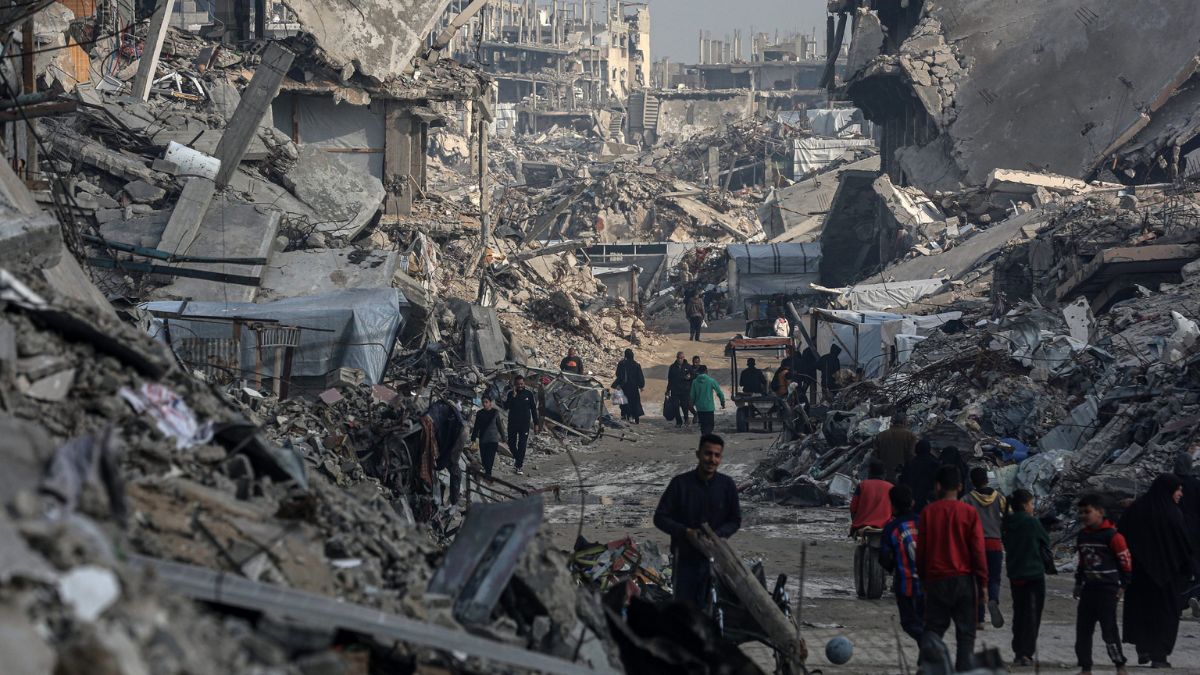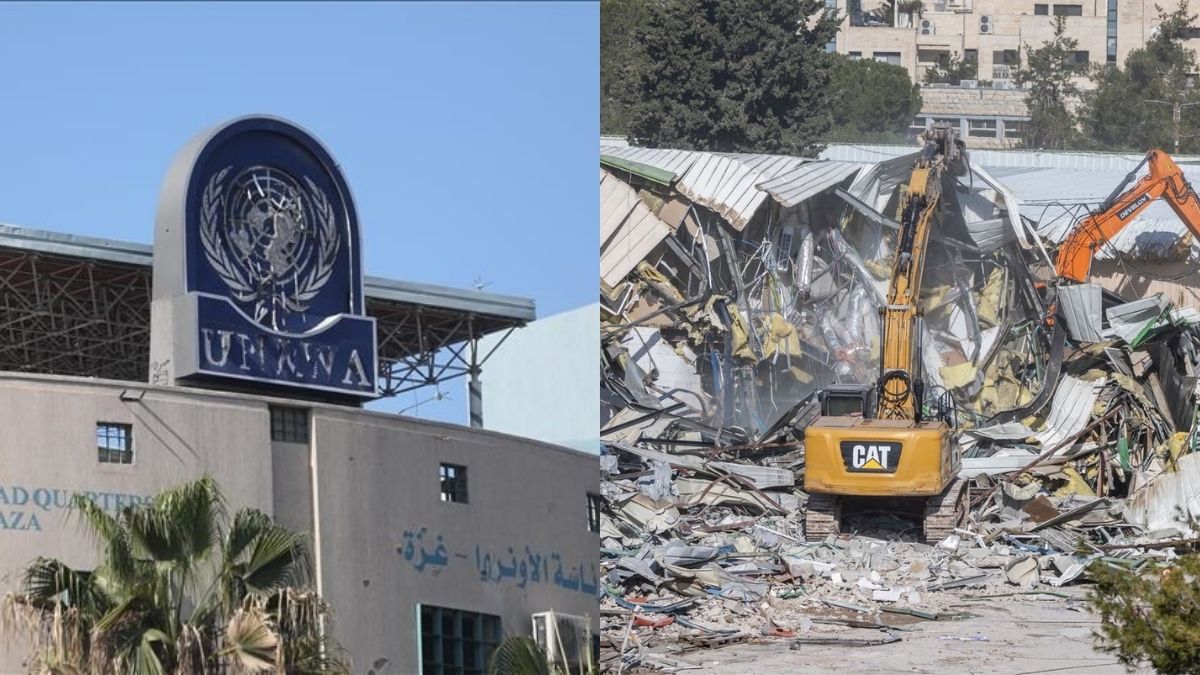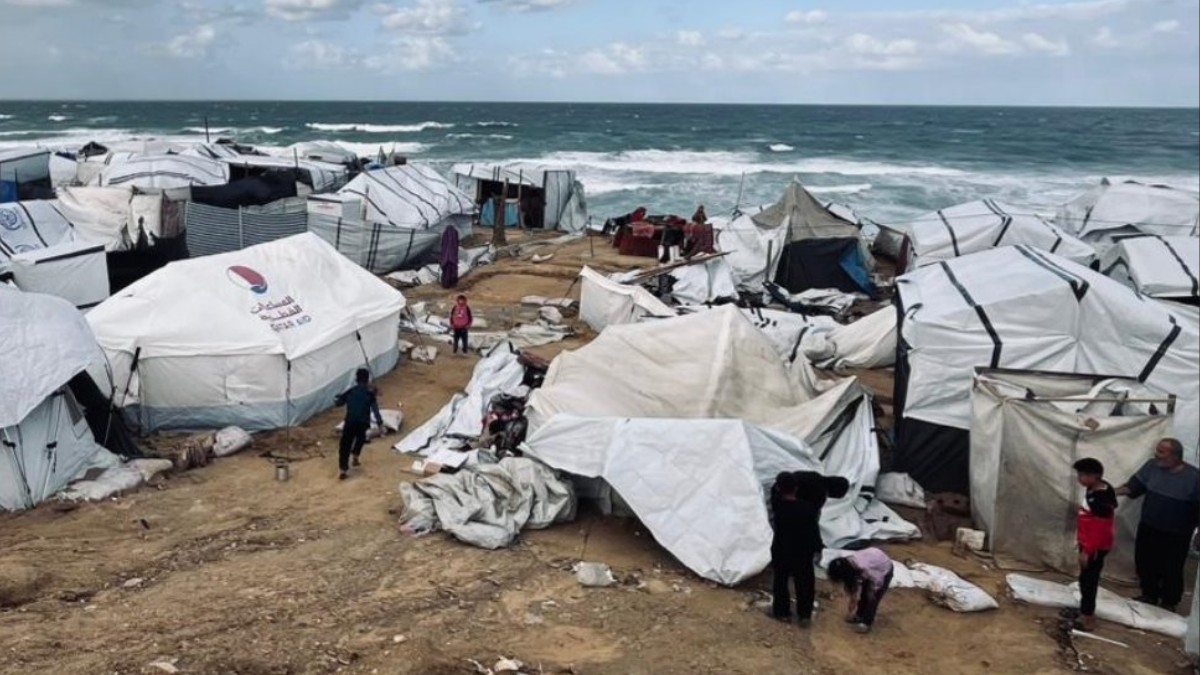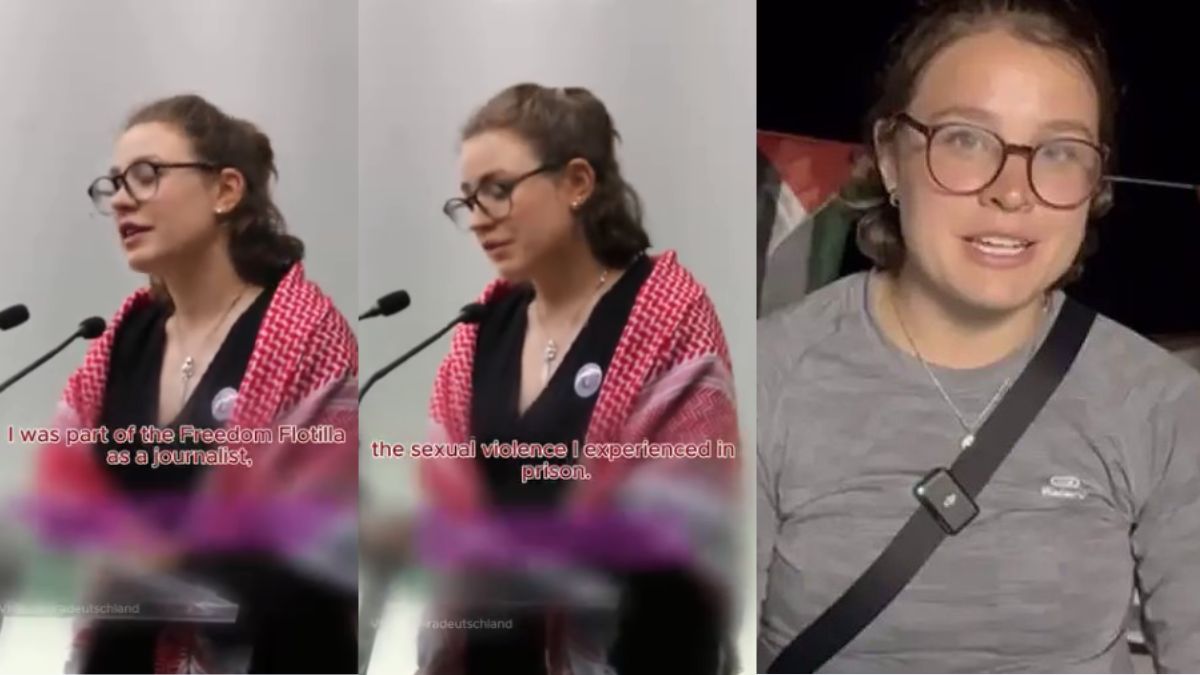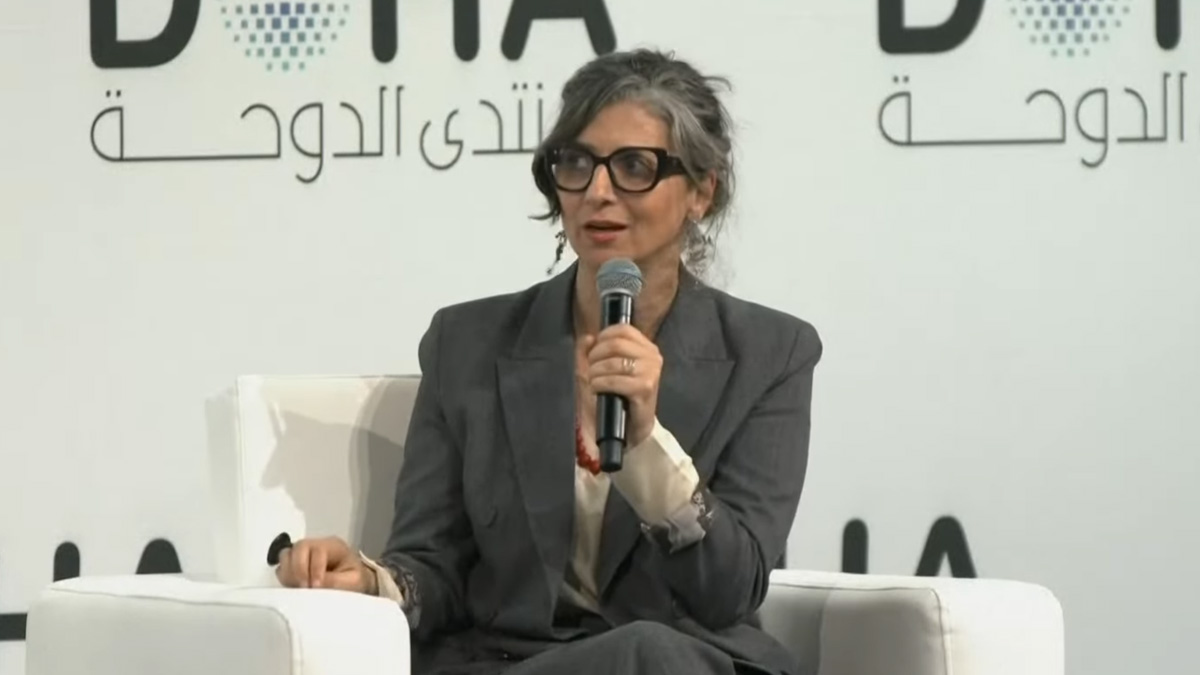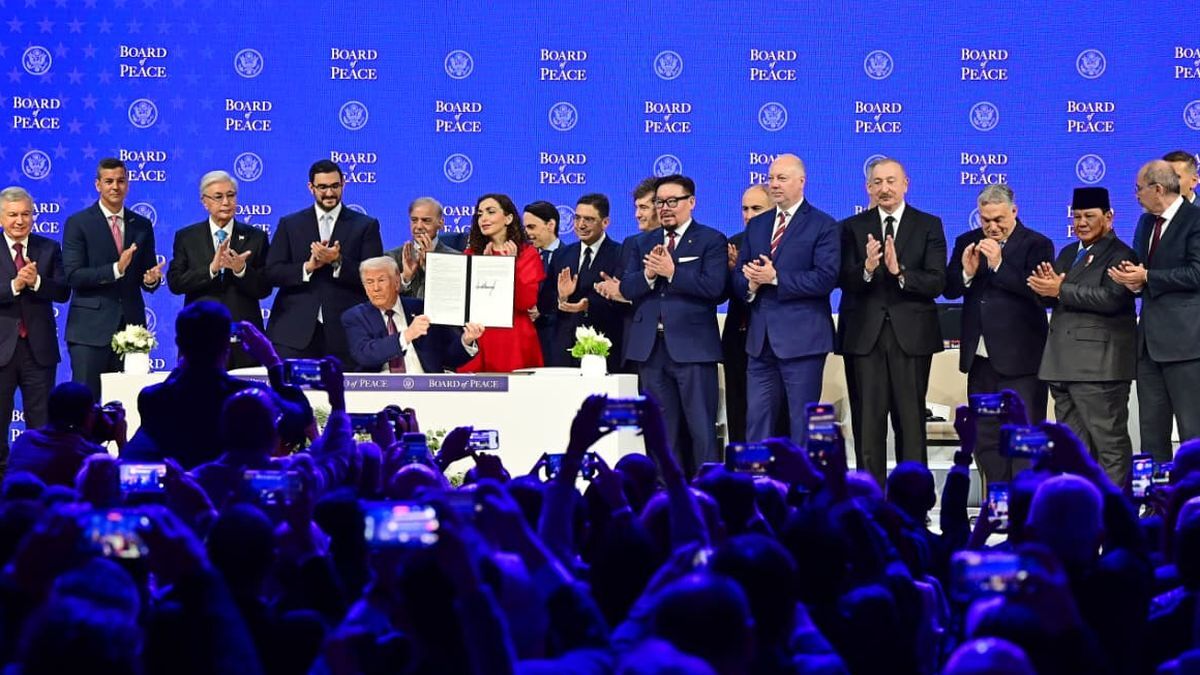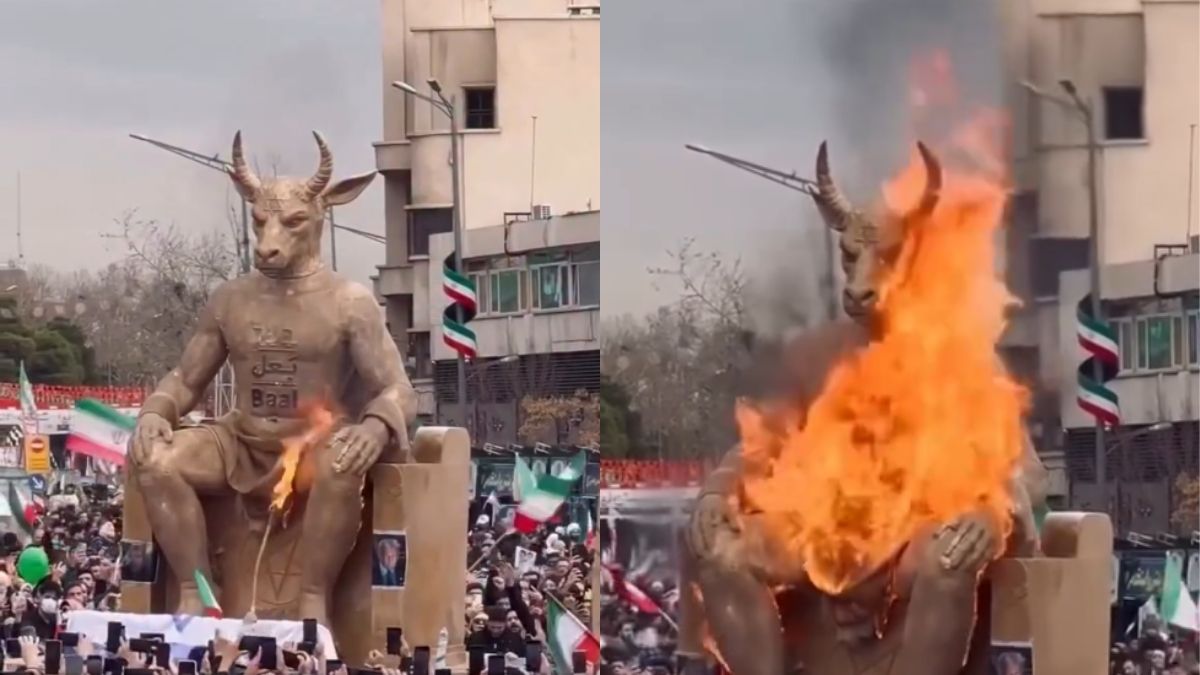Singapore urges Israel, Palestinian Authority to resume talks, calls two-state solution “only viable pathway”
Singapore has called on Israel and the Palestinian Authority (PA) to return to direct peace negotiations, with Foreign Minister Vivian Balakrishnan reaffirming that the two-state solution remains the only viable path toward lasting peace. The appeal came amid escalating violence in Gaza and heightened regional tensions following Israel’s air strike on Doha.
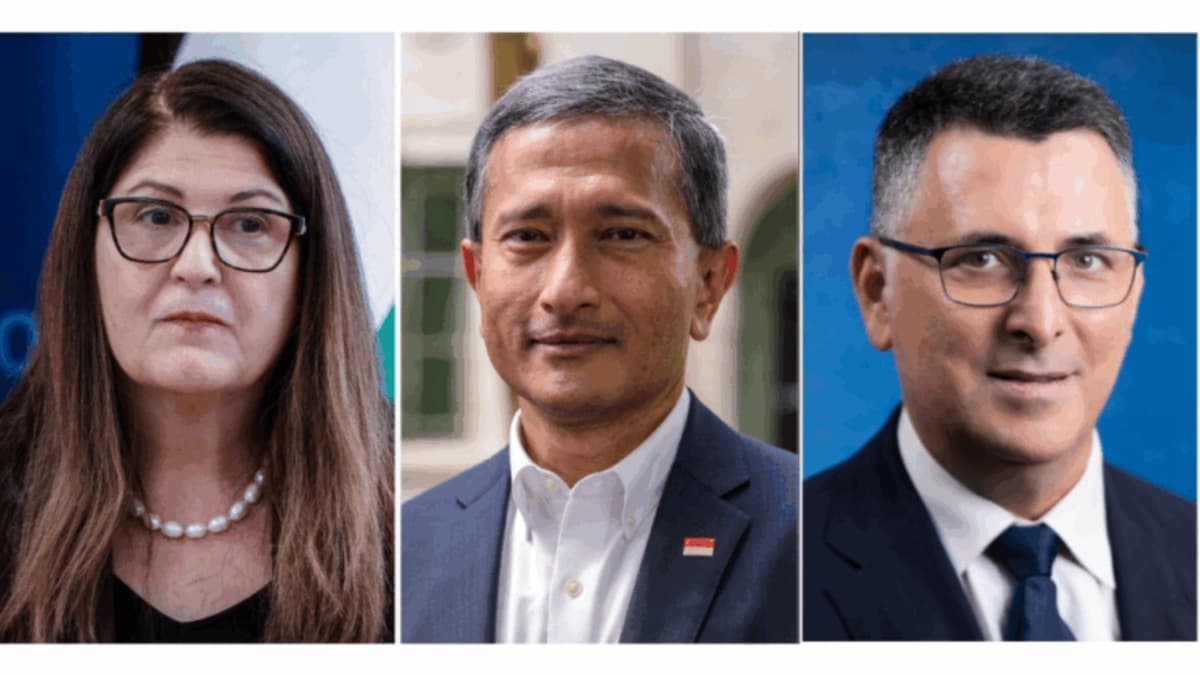
- Singapore’s foreign minister held separate discussions with both Israeli and Palestinian counterparts on 9–10 September 2025.
- Dr Vivian Balakrishnan called for an immediate ceasefire, the release of hostages, and a return to negotiations under the two-state framework.
- Singapore criticised Israel’s 9 September air strike on Doha as a violation of Qatari sovereignty and a threat to ceasefire talks.
Singapore has urged Israel and the Palestinian Authority (PA) to return to direct negotiations, reaffirming that the two-state solution remains the “only viable pathway” towards achieving lasting peace.
Foreign Minister Vivian Balakrishnan made the remarks in separate phone calls with Palestinian Foreign Affairs and Expatriates Minister Varsen Aghabekian Shahin on 9 September 2025 and Israeli Foreign Minister Gideon Moshe Sa’ar on 10 September, according to a statement by Singapore’s Ministry of Foreign Affairs (MFA) on 10 September.
The MFA described both discussions as “candid and open”, focusing on the deteriorating humanitarian situation in Gaza and the urgent need to restore dialogue between the parties.
Call for ceasefire and humanitarian access
Dr Balakrishnan expressed grave concern over the worsening humanitarian crisis in Gaza and urged for an immediate ceasefire alongside the unconditional release of all hostages.
He reiterated Singapore’s view that a negotiated two-state solution, consistent with United Nations Security Council resolutions, remains the only “comprehensive, just, and durable” way to resolve the conflict.
While acknowledging Israel’s right to defend itself following the Hamas terror attacks of 7 October 2023, Dr Balakrishnan cautioned that “excessive military action” had worsened civilian suffering and threatened long-term stability.
He urged Israel to facilitate the swift and unimpeded delivery of humanitarian aid and to avoid unilateral measures that could undermine peace efforts.
Support for Palestinian self-determination
During his conversation with Dr Aghabekian, Dr Balakrishnan reaffirmed Singapore’s support for the Palestinian right to self-determination and statehood, underpinned by dialogue and mutual recognition.
He highlighted Singapore’s humanitarian contributions to Palestinians in Gaza, including nine tranches of aid worth more than US$22 million and multiple humanitarian airdrops.
The most recent mission saw a Republic of Singapore Air Force C-130 aircraft deployed to Jordan to deliver relief supplies to Gaza.
Dr Aghabekian expressed appreciation for Singapore’s humanitarian and technical assistance, particularly its capacity-building programmes under the Enhanced Technical Assistance Package (ETAP).
The US$10 million ETAP, launched jointly with Japan, includes training for Palestinian Civil Police officers and initiatives in public administration, governance, and leadership development through the Young Leaders Programme.
In July 2025, Singapore’s envoy Kevin Cheok confirmed that Singapore was prepared in principle to recognise the State of Palestine, provided that such recognition contributes to meaningful progress toward peace and a negotiated settlement.
Concerns over Israel’s actions in Gaza and beyond
In his call with Mr Sa’ar, Dr Balakrishnan conveyed Singapore’s concerns about Israel’s intensifying military operations in Gaza, which have resulted in mounting civilian casualties and displacement.
He urged Israel to exercise restraint and refrain from unilateral actions, including settlement expansion and targeted strikes, that could derail peace prospects.
Singapore also issued a strong rebuke over Israel’s 9 September air strike on Doha, which targeted senior Hamas leaders.
In a statement released the same day, the MFA described the strike as a “blatant violation of the sovereignty of Qatar” and an “egregious and dangerous action” that jeopardised ongoing ceasefire and hostage negotiations.
Israel’s Prime Minister Benjamin Netanyahu defended the operation, saying it was “a wholly independent Israeli operation”, conducted without foreign involvement.
“Israel initiated it, Israel conducted it, and Israel takes full responsibility,” Netanyahu’s office said.
Qatar condemned the attack as a “cowardly violation of international law”, warning it could derail mediation efforts to end the Gaza conflict.
Upholding principles amid rising regional tensions
Singapore’s statement comes at a time of mounting instability across the Middle East, with tensions spilling over into Lebanon, Syria, and the Red Sea.
While Singapore does not take sides in the conflict, the MFA emphasised that the two-state framework remains the foundation of its foreign policy stance on the issue.
Dr Balakrishnan reaffirmed Singapore’s consistent view that “peace cannot be achieved through violence or unilateral actions”, but only through direct dialogue, mutual recognition, and respect for international law.
Singapore, he said, would continue to support both humanitarian relief and institutional capacity-building for Palestinians, while maintaining constructive engagement with Israel to encourage restraint and diplomacy.


